Specialty Malts Process
Joe White Specialty Malt Plant in Ballarat is Australia’s only dedicated specialty plant. Its focus is a range of roasted products ranging from lighter coloured amber malt, to the full spectrum of crystal malts and heavily roasted grain and malts.
Grain
Grain
steeping
(1 day)
Fresh, clean barley is immersed in water, mimicking spring conditions to awaken germination. The grain alternates between soaking and airing, allowing moisture to be absorbed and kick-start germination.
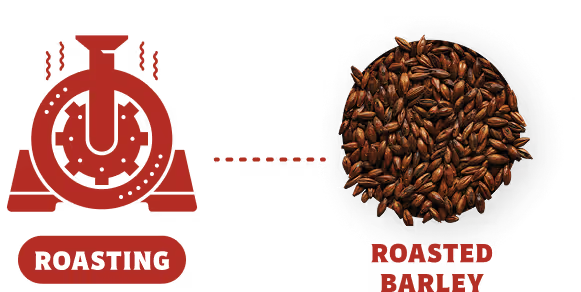
Germination
(4-5 Days)
During germination, the grain begins to sprout, receiving a constant supply of fresh, humidified air while being regularly turned to keep it loose and aerated. Enzymes start to develop, modifying the structure of the barley’s endosperm—the grain’s starch reserve. These enzymes are essential for craft brewers during mash conversion, ensuring high extract. After germination, the grains are known as ‘green malt’.
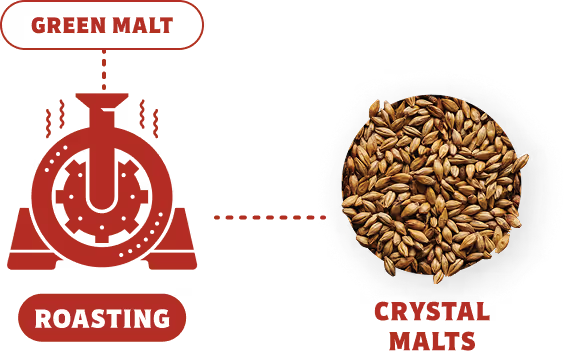
Kilning
(1 Day)
Green malt is dried by blowing controlled volumes of hot air through the grain bed following a specific recipe for each malt.
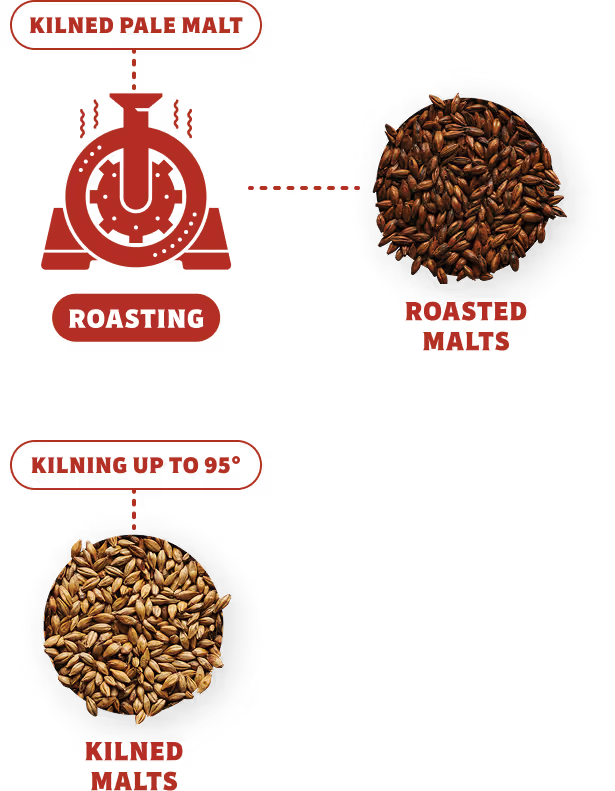

ROASTING
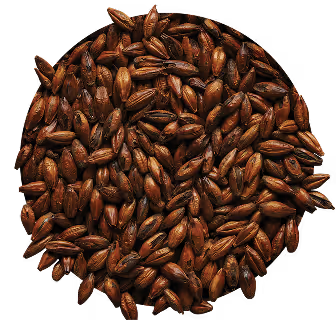
Roasted Barley
Green Malt

ROASTING
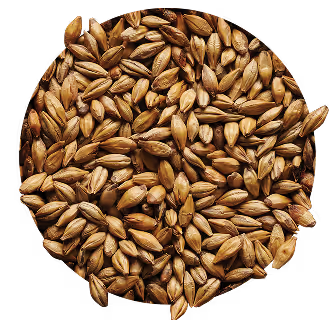
Crystal Malts
Kilned Pale Malt

ROASTING

Roasted MALTS
Kilning up to 95°
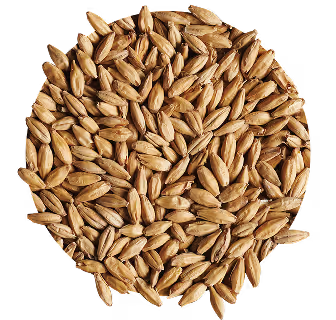
Kilned Malts

Ballarat
our specialty plant
Joe White Specialty Malt Plant in Ballarat is Australia’s only dedicated specialty plant. Its focus is a range of roasted products ranging from lighter coloured amber malt, to the full spectrum of crystal malts and heavily roasted grain and malts.
%201%20(1).avif)
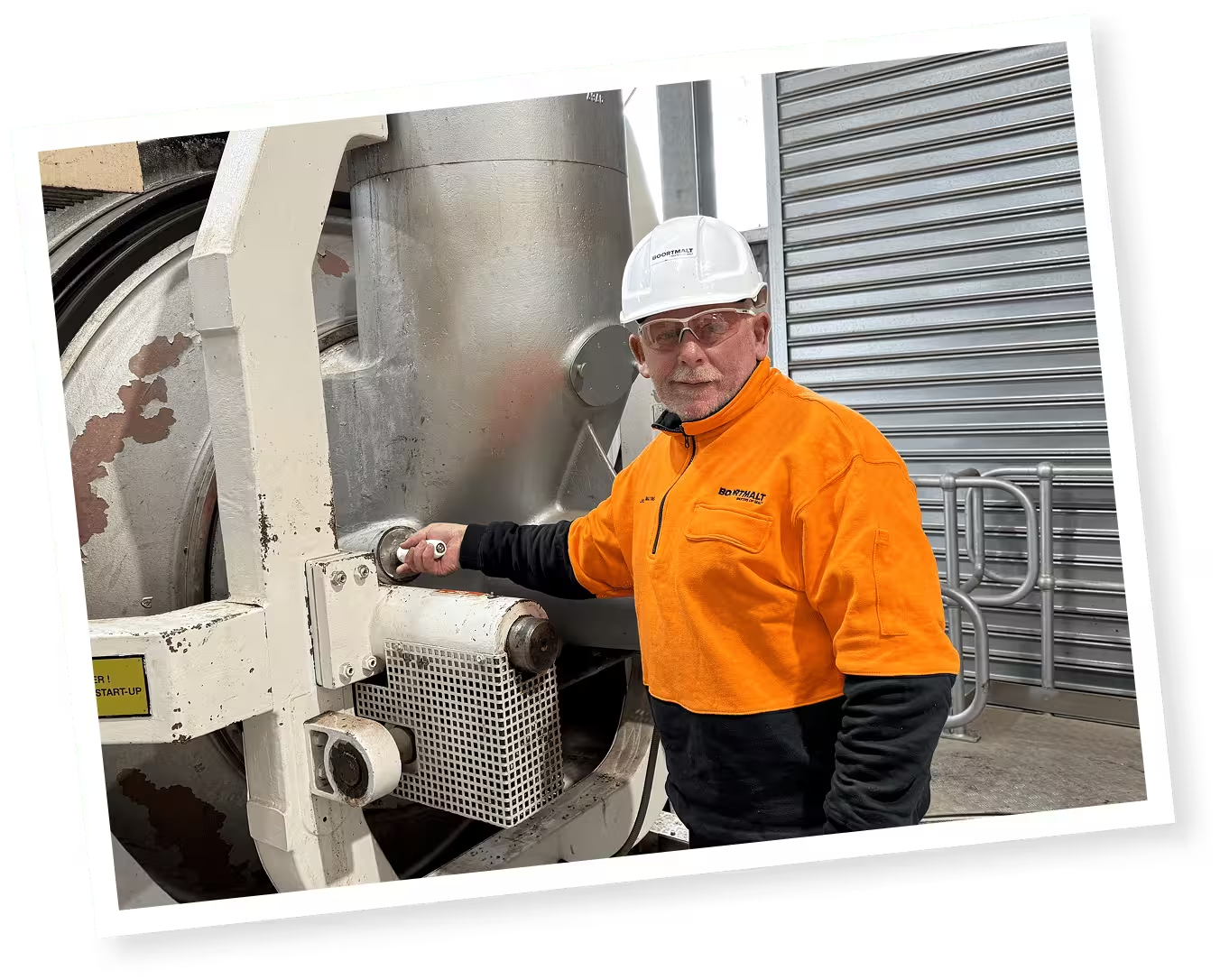
spotlight
master of the roaster
John Lloyd joined Ballarat on his birthday in 1991, starting as a painter before finding his true craft in roasting. Since the first roaster fired up, he’s been at the helm, perfecting the process for over 30 years. With unmatched experience, John ensures every batch meets the highest standards of quality and flavour. Today, he’s not only a master of his craft but also a mentor—training, developing, and sharing his deep expertise to shape the next generation of specialty maltsters and roasters. His legacy is being passed on, one batch at a time.
To be good at roasting, you have to be passionate about it. Unlike baking a cake, following a recipe exactly won’t work—malt is a natural product, always changing. To roast it well, you need to truly know your product.

